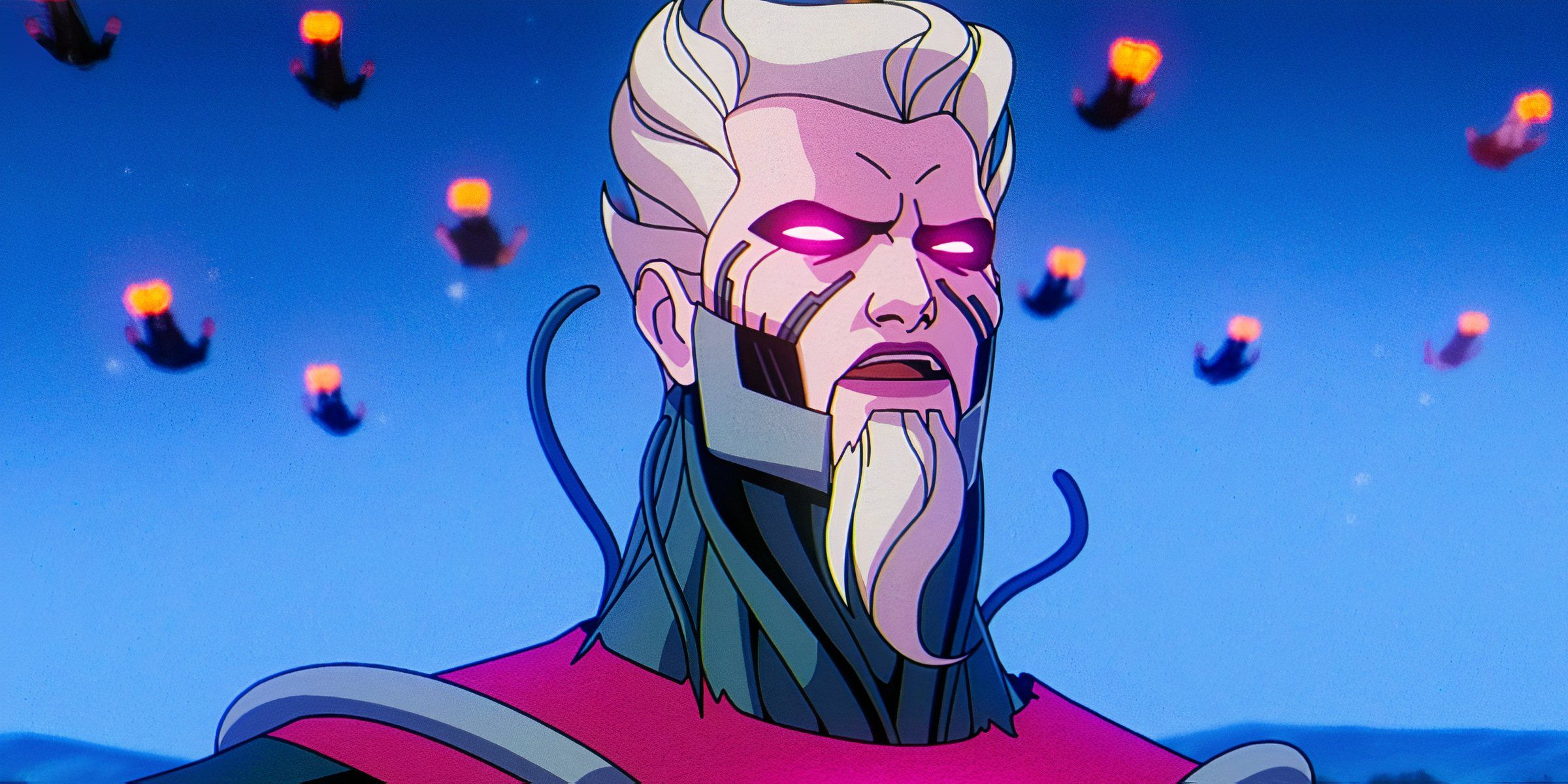
SUMMARY
X-Men ’97’s finale tied up storylines well, set the stage for future plotlines, and a high standard for Marvel’s live-action reboot.
Major cameos felt organic and exciting, there were incredible action sequences, and a satisfying payoff to multi-episode arcs.
X-Men ’97 blends nostalgia with quality storytelling, elevating mutant family dynamics and the classic X-Men themes.
So, X-Men ’97 season one is done, and boy has it left a mark. Strictly speaking, of course, Tolerance Is Extinction was a three-part finale, intended – as creator Beau DeMayo confirmed online – to be considered as a 90-minute event, but each of the three episodes delivered in their own respect. That, truly, has been the tail of the whole season: while Marvel’s TV shows (especially the Netflix Defenders saga) have attracted criticism for sagging in the middle, there was absolutely zero fat on X-Men ’97.
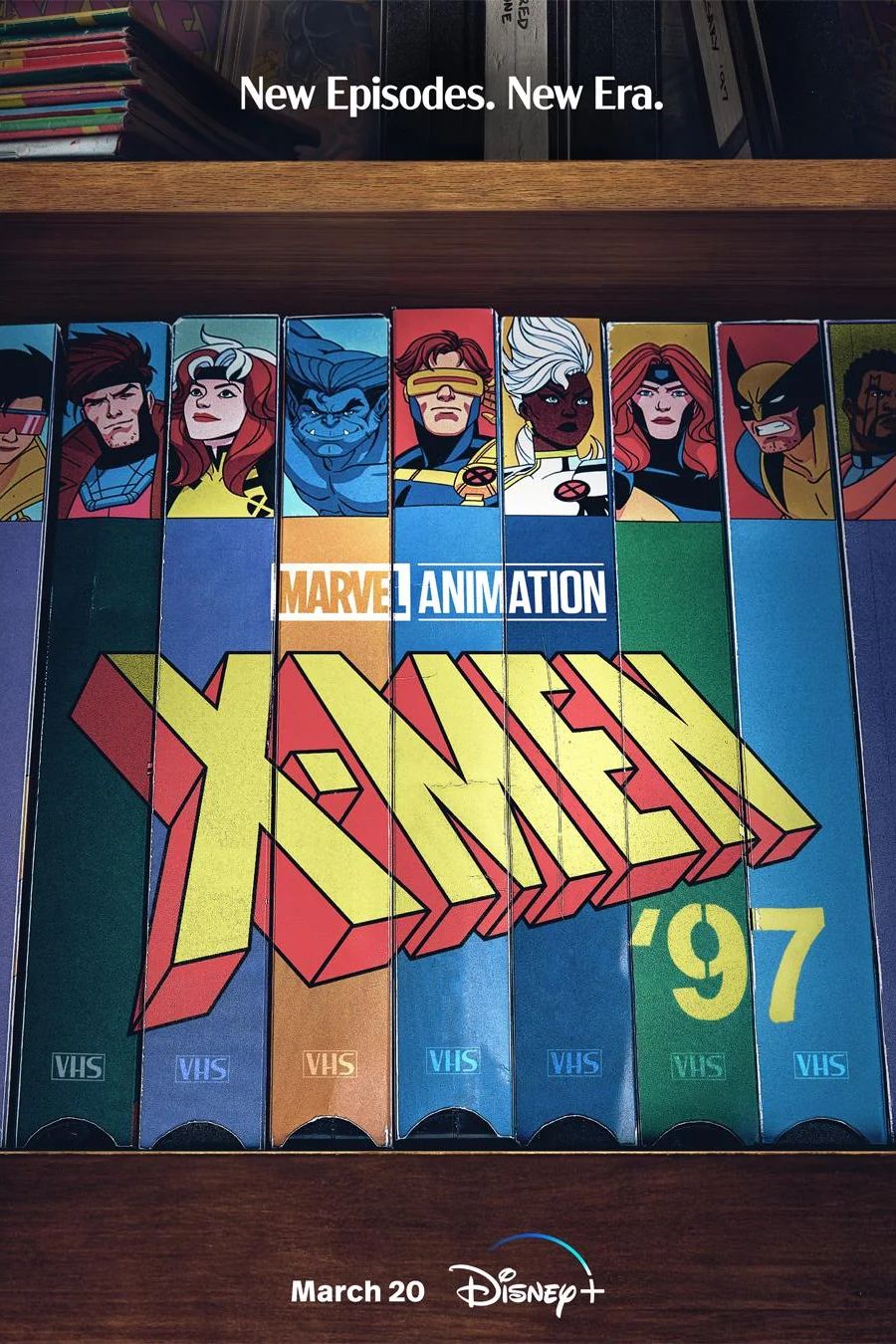
X-Men ’97
X-Men ’97 is the direct continuation of the popular 1990s animated series X-Men: The Animated Series. Taking up where the third season left off, Marvel’s revival brings back famous mutants such as Wolverine, Storm, Rogue, Gambit, Cyclops, Beast, Magneto, and Nightcrawler, who fight villains like Mr. Sinister, the Sentinels, and the Hellfire Club.
Pros
Major cameos that didn’t feel distracting or obligatory.
Incredible action sequences.
A truly satisfying pay-off to multi-episode story-telling arcs.
A gripping set-up for what comes next.
Cons
Morph was a little sidelined.
When I hit publish on my first review of X-Men ’97, I was convinced it was a great TV show. So much so that I awarded it 4 stars. That observation was based solely on the first three episodes, and now I feel foolish to have underestimated just how brilliantly the show would go on to be. Overall, X-Men ’97 is a five-star experience, which is absolutely also a realization that doesn’t typically come easily with animated shows. The finale was a narrative culmination, tying up threads seeded with the very first episode (and before that in X-Men: TAS), and avoiding the temptation to replace nuance with escalation at all costs.
X-Men ’97 isn’t just good, it satisfies three key objectives at once.
The question, of course, should always be whether X-Men ’97’s finale is actually good. Without falling too far into a hole of hyperbole, ’97 isn’t just good, it satisfies three key objectives at once. It is at once a faithful and satisfying revival, packed with nostalgia, but it’s also a great show on its own, primed for younger audiences who should now go back and watch TAS. And perhaps most problematically (though it’s a good problem), it also sets the bar so high for Marvel’s live-action X-Men reboot that it’s hard to envy whoever Kevin Feige entrusts with the project.
How Well X-Men ’97 Works As A Finale
Tolerance Is Extinction Part III Offers A Satisfying End To Multiple Stories
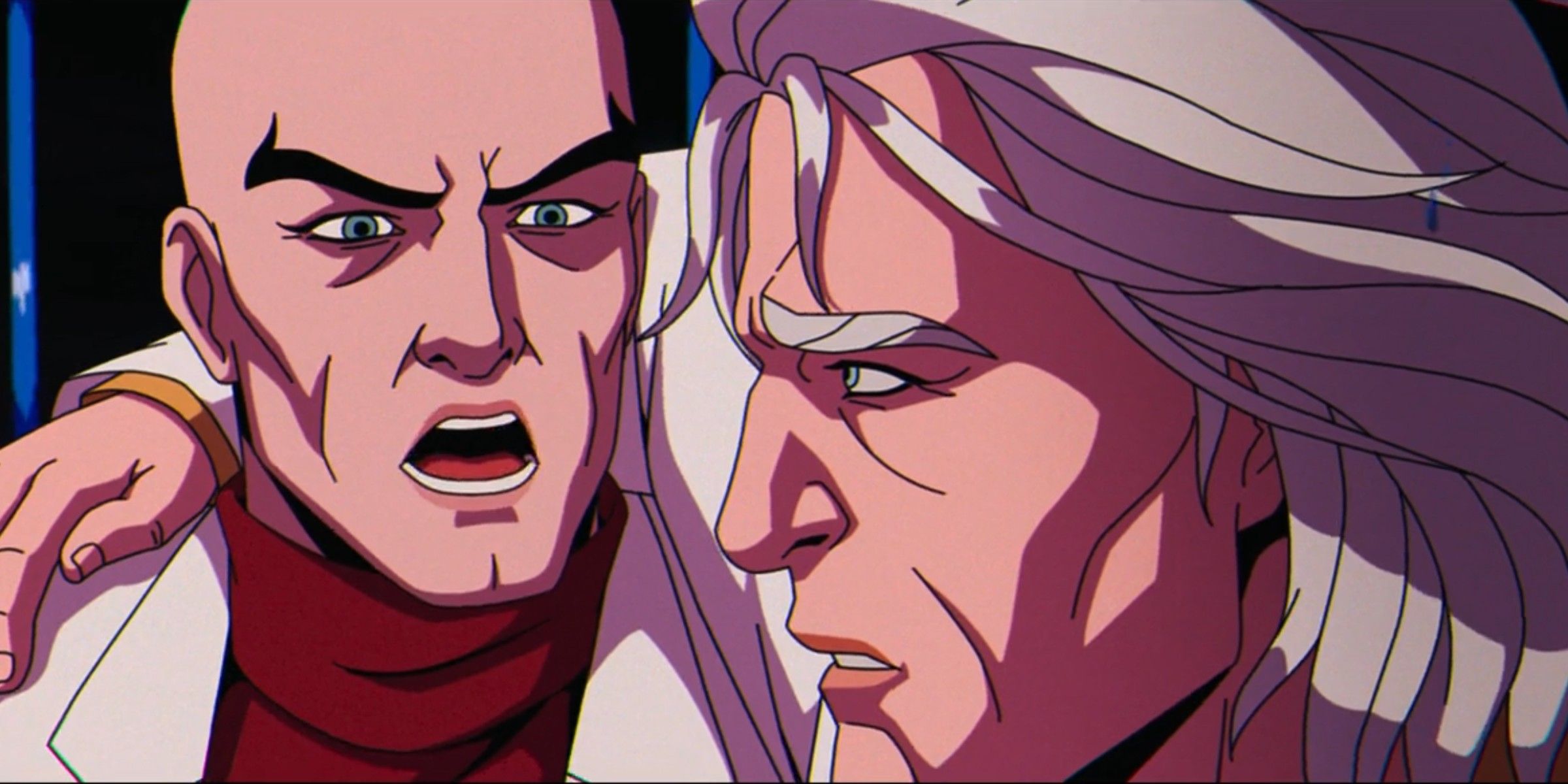
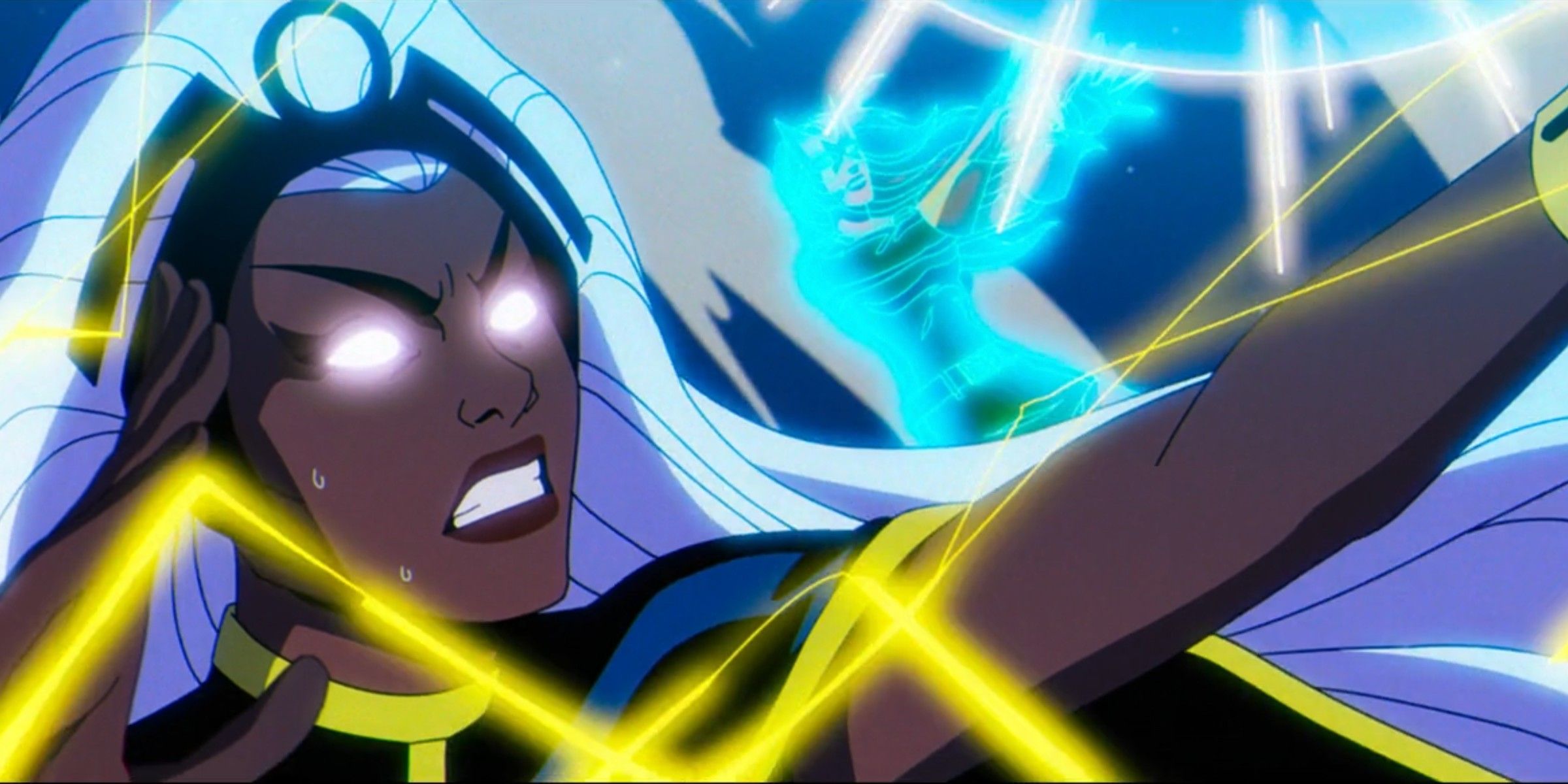
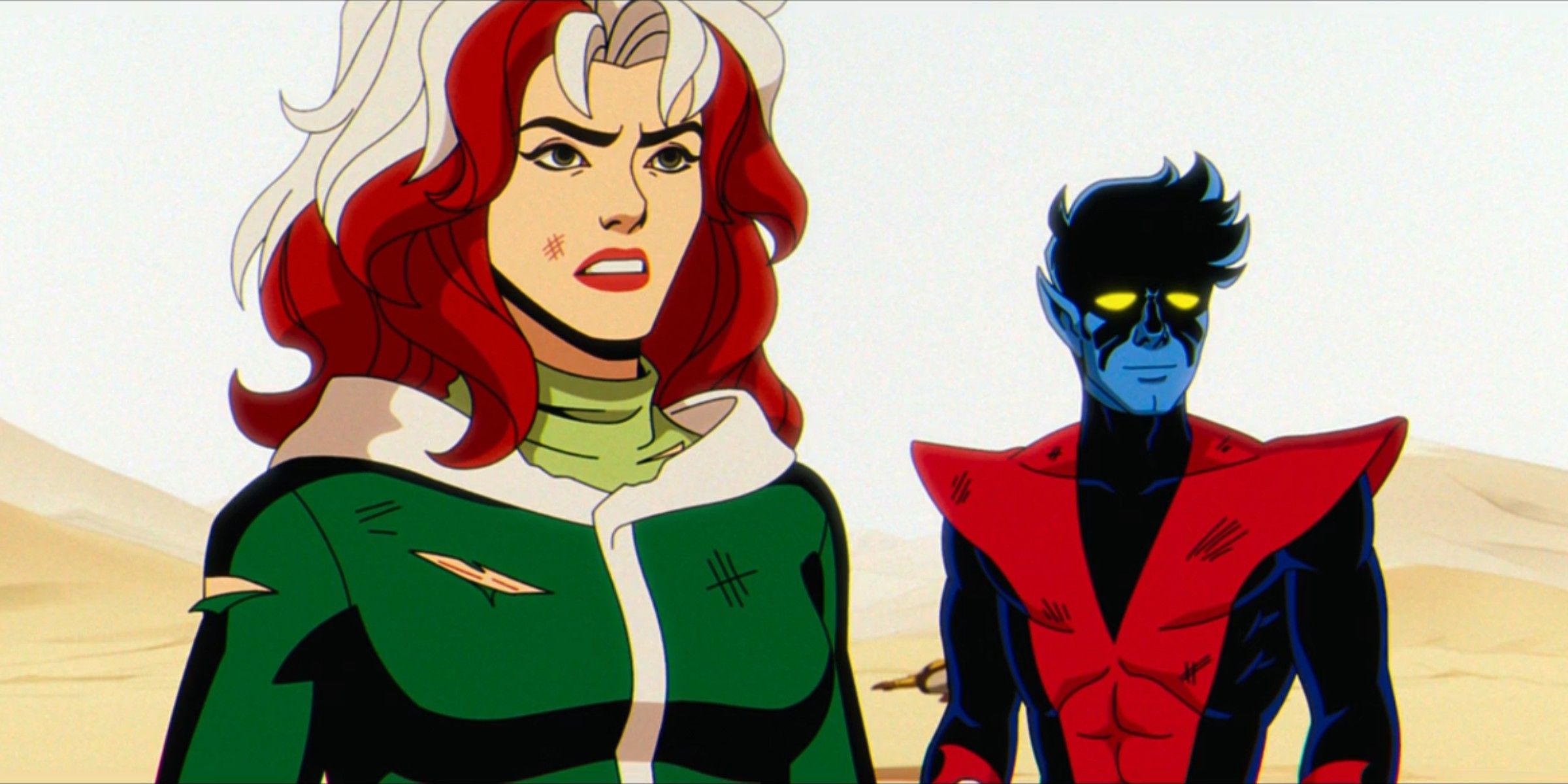
While it’s not the best eoisode (that accolade goes to Remember It), Tolerance Is Extinction Part III does everything you’d want from a finale. Even beyond the resolution of Bastion’s story, it tied up multiple other storylines that had simmered throughout the season. And, of course, it set up an even more exciting future,
X-Men ’97 season one was an almost-breathless history of major X-Men storylines, of course, climaxing with Tolerance is Extinction’s take on Marvel’s Fatal Attractions storyline. Remarkably, though, the show managed to deliver satisfying arcs for almost all the main characters (Wolverine’s was arguably less important, but he potentially has a big future). Several of those came together for a crossover payoff in the finale.
Theo James’ pithy Bastion as a contender for the best villain never to be used in a Marvel movie
The Summers family dynamic worked incredibly well, and was key to one of the finale’s saddest scenes (as well as a delightful tease for the future at the end); Gambit’s death and its impact on Rogue remained important all the way through (and, again, will be key in season 2); Storm lost her powers and found her place; Jean Grey reclaimed herself; Jubilee and Sunspot explored the typical “coming out” allegory; and Magneto’s arc was an absolute triumph that book-ended the finale brilliantly. Morph was the only one who felt a little under-served.
In ensemble productions like this, some characters can feel like seat-fillers, but not so in X-Men ’97. There was even enough space for some of the best X-Men villains seen on screen, with the finale cementing Theo James’ pithy Bastion as a contender for the best villain never to be used in a Marvel movie. His barbed ridicule of Jubilee’s powers, in particular, was his chef’s kiss moment.
X-Men ’97’s Animation Allowed For Things The MCU Could Never Do
Live-Action Isn’t Always The Best Option
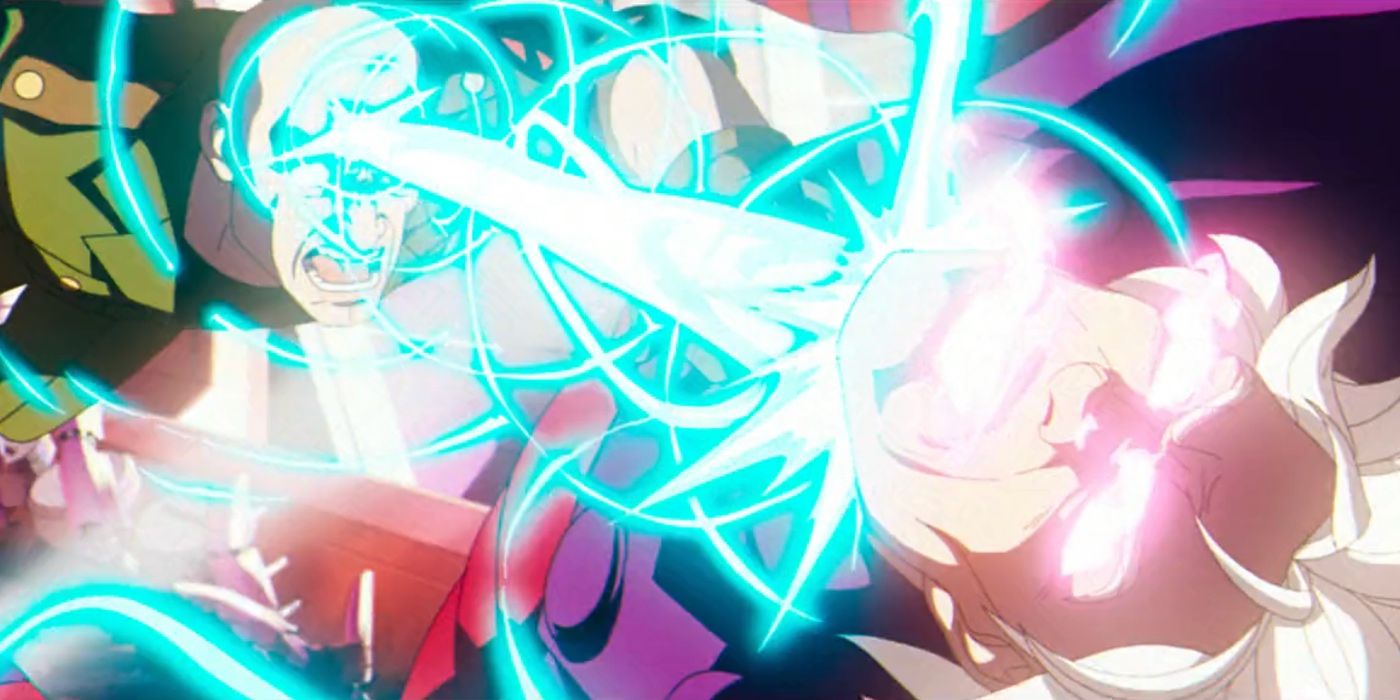
The scale of some of the episodes was phenomenal, and would have bene prohibitively expensive to capture in live-action. Animation also allows for a more creative spirit, free from the limits of distracting CGI. Throughout the season, X-Men ’97 delighted in embracing its anime influences, and in the finale, the battle between Magneto and Charles Xavier has moments that feel respectfully ripped from the genre. It’s a smart choice too, and one that goes beyond fans showing off their favorites.
Anime has always traditionally been better at showing extreme emotion: there is a commitment to hyperrealism that tends to exaggerate expressions, alongside a tendency to the melodramatic that is perfect for X-Men stories. This is, after all, Marvel’s soap opera; as invested in the relationships between the characters as it is with whatever the next implausibly powerful threat the Earth is. X-Men ’97 understands that assignment perfectly, and in its use of subtext, particularly in the way the finale is resolved, is testament to that.
And once again, the finale’s action sequences proved the value of the medium: not limited by the constraints of CGI or real-life staging, X-Men ’97 has been free to bring in impossible scale. Making the giant Sentinels feel, somehow, less cartoonish, is no mean feat and the finale delivered one-on-one and combination fight sequences that deserve to be considered among the best in the X-Men screen franchise.
X-Men ’97’s Finale Destroys The “Messages Are Bad” Thinking
It’s Possible To Say Something Important AND Be Entertaining
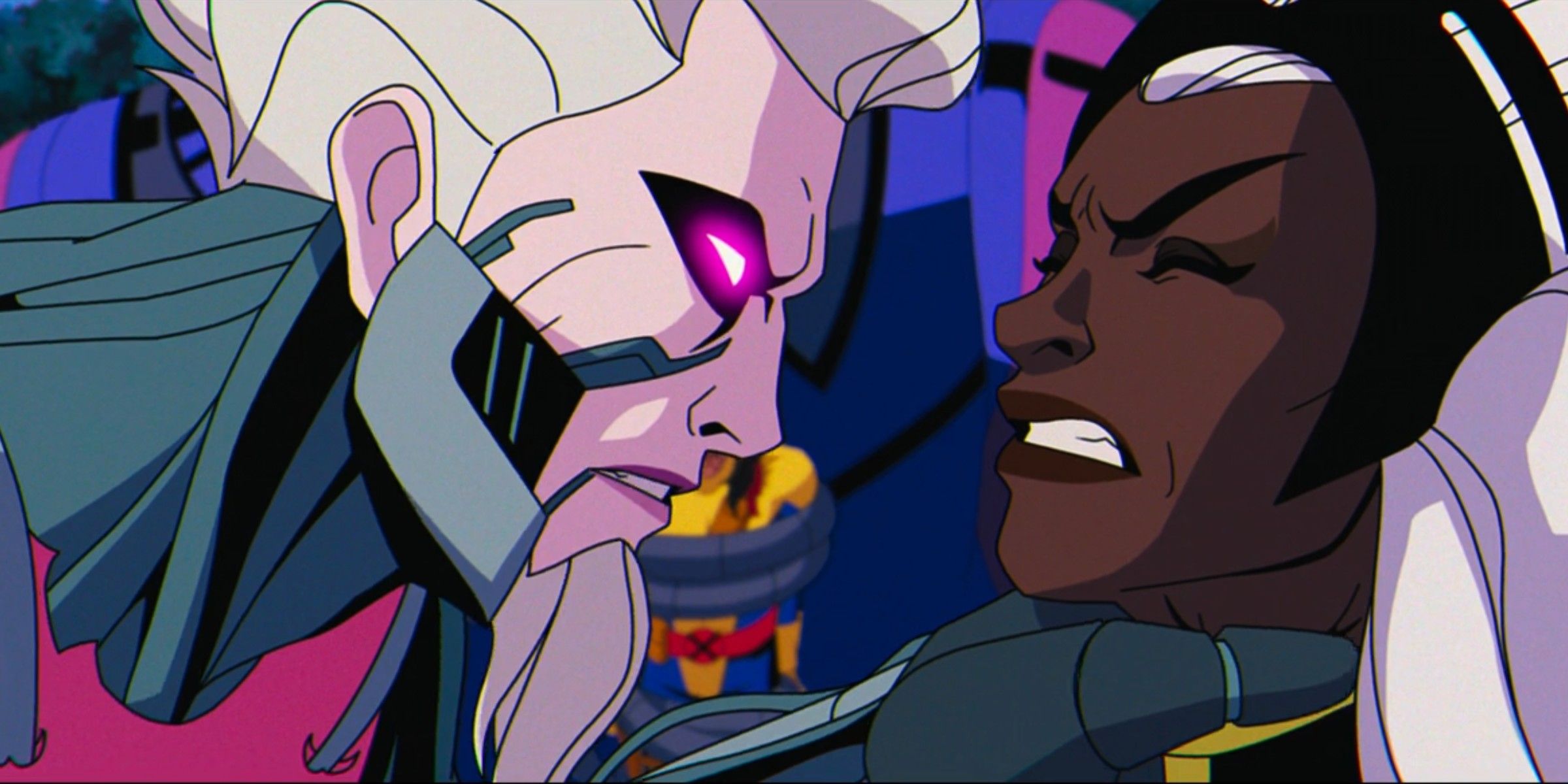
In what now feels like a misguided choice designed to appease investors, Bob Iger vowed that Disney movies should “entertain first, not [push] messages”, but X-Men ’97 should be held up as the prime example of why both can be achieved without compromising on either. The finale pays off some of the show’s most radical, challenging ideas, which absolutely would be considered “messages” by anyone looking to weaponize that concept.
X-Men has always been made for the outsiders, and X-Men ’97 embraced that beautifully.
Even before release, the idea of cool team-ups was emphasized – first with the trailer shot of Wolverine and Gambit combining their powers – and the whole season played with the idea of the X-Men struggling to come together because of their own traumatic storylines. Beau DeMayo spoke on X.com about how the Genosha attack of X-Men ’97 episode 5 “Remember It” (which is now up for an Emmy, and rightly so) was intended as a reflection of mass trauma events like 9/11. Combining that thinking with Magneto’s famously traumatic past for one of the finale’s most emotionally loaded sequences was simply genius.
And through it all, X-Men ’97, as usual, deconstructed the idea of otherness and difference. That’s always been the mutant message in Marvel, but with DeMayo’s experience as an LGBTQ creator, here it feels particularly charged. X-Men has always been made for the outsiders, and X-Men ’97 embraced that beautifully.
X-Men ’97 Is The Best X-Men Adaptation Yet
No Exaggeration, Marvel’s Mutants Have Never Been Better
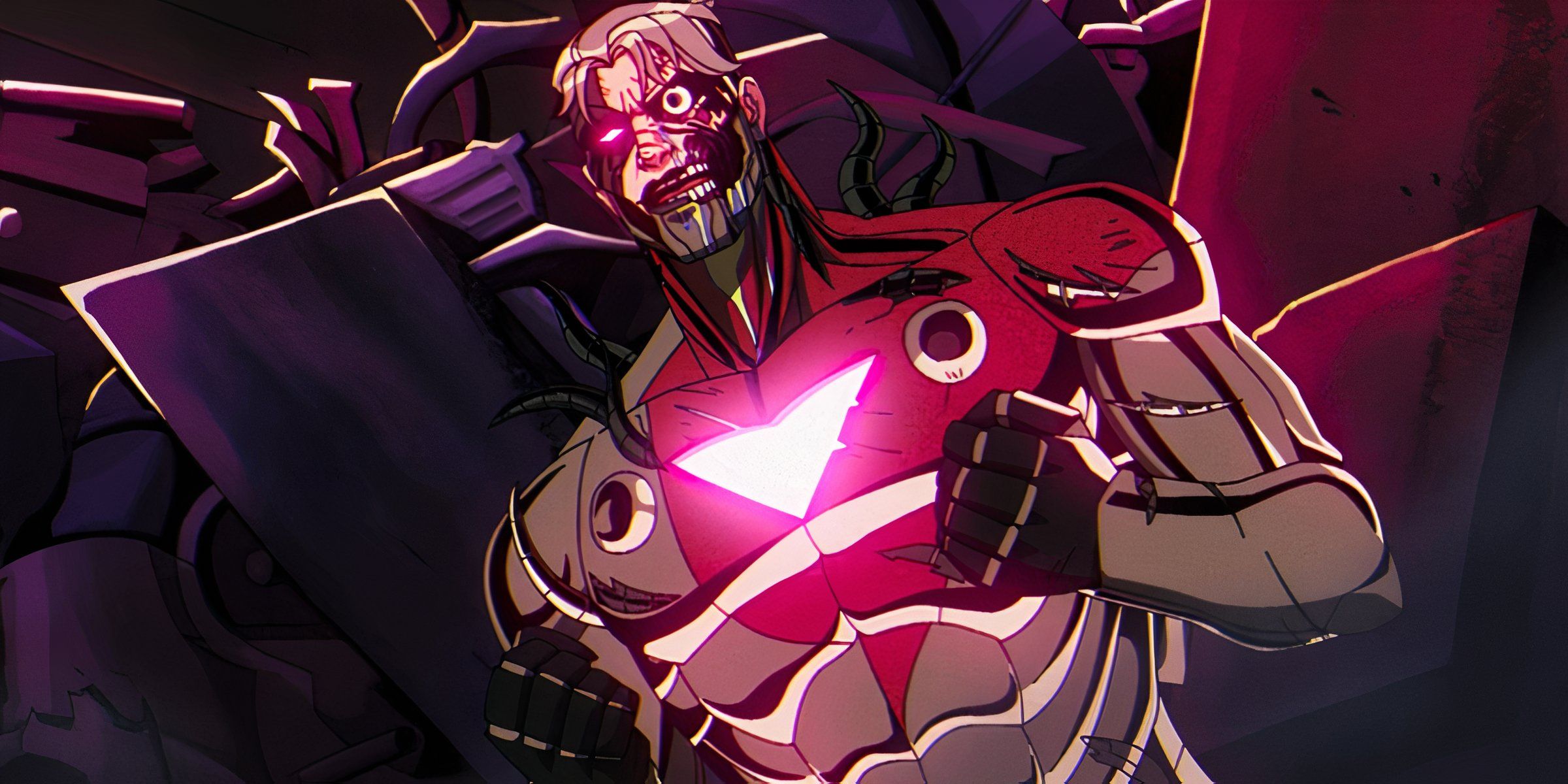
Recency bias is always a minefield to be carefully negotiated, especially with Dark Phoenix and New Mutants leaving black marks against the franchise, but X-Men ’97 settles the debate. It is the best the X-Men have been on screen. Romantic hyperbole aside, the storytelling and quick-fire adaptation of so many seminal X-Men arcs should be studied by whoever takes over the MCU’s X-Men mantle. The character development was measured and impressively paid off, even with characters who have appeared many times in other X-Men media.
The achievements of X-Men 2 and X-Men: Days Of Future Past can’t be overlooked (Logan’s not an X-Men movie, technically, so calm any angry responses), but X-Men ’97 matches them while surpassing them in its boldness. It killed characters, explored the X-Men’s outsider allegory with maturity, and is the perfect precursor to the MCU’s upcoming Mutant Saga.
The promise for its own future is also one of the show’s most triumphant achievements. We may not get to see Beau DeMayo’s original 5-season plan, but seasons 2 and 3 are coming, and seeds have already been planted for what to expect. If X-Men ’97 season 1 can do so well with relatively unknown villains like The Adversary and Bastion, just think of what’s possible when the big one teased by the ending returns.





